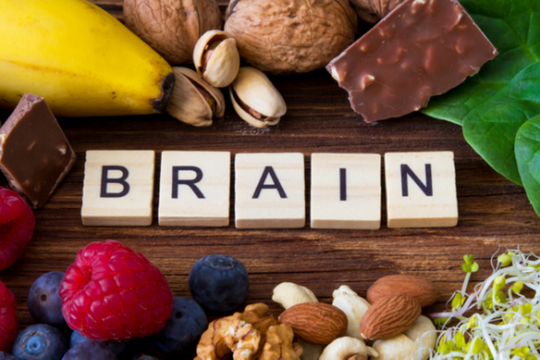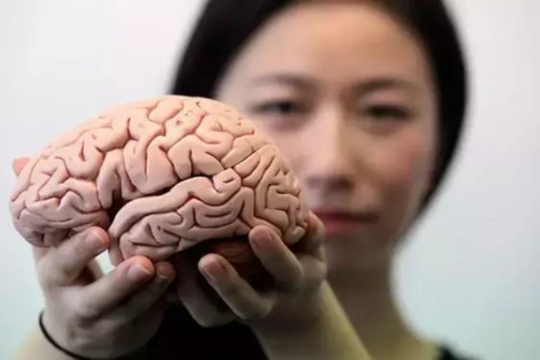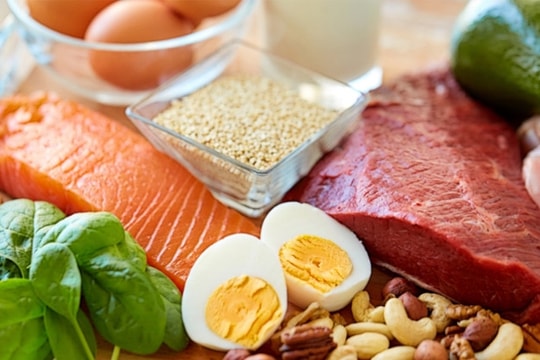What to eat to nourish the brain?
Proper nutrition during exam season is like a "push" to help children enhance their brain capacity through the ability to reason, analyze, and solve complex exam questions.
Proper nutrition during the exam period is like a “push” to help children enhance their brain capacity through the ability to reason, analyze, and solve complex exam questions. Continuous and sustainable support for brain nutrition during exam season from parents will help students increase their chances of success in the upcoming exam.
According to nutritional documents for brain development, there are 5 nutrients most needed for the brain.

1. Glucose is the fuel for the brain to function. For the brain to function well, blood sugar levels need to be stable (not too low or too high). Therefore, you should limit sugars that are absorbed quickly into the blood such as refined sugar (soft drinks, sweets, sugary drinks) because they will cause blood sugar to rise quickly and then fall quickly. Whole grains, beans, potatoes, and old vegetables are better than refined sugar because they are absorbed slowly into the blood, helping to stabilize and maintain blood sugar levels for a long time. Sugar from fruit is also absorbed into the blood quickly, but because it takes time to convert fructose to glucose, it slows down its effects on the body. Moreover, fruit has fiber, so it does not increase blood sugar quickly after eating like refined sugar.
2. Essential fats (omega-3 and omega-6) are considered the "architects" that build "intelligence". These are the raw materials that make up nerve cells and neurotransmitters between cells. The brain also needs saturated fat and cholesterol, which are often available in many foods. Omega-3 and omega-6 are easily deficient because the body cannot synthesize them on its own. These essential fats are found in fish such as basa, mackerel, tuna, salmon, herring and oily seeds such as pumpkin seeds, sunflower seeds, soybeans, cashews, chestnuts, sesame.
3. Phospholipids are the best friend of memory, the fat that makes the brain "smart", helps create myelin that covers the nerves, thus promoting the smooth transmission of signals in the brain. Although the body can create phospholipids itself, it is still better to have a diet with this substance. Phospholipids are abundant in egg yolks and organ meats.
4. Amino acids are likened to the “voice” of the brain and emotions, and are the building blocks of neurotransmitters (substances that carry signals from one nerve cell to another). These amino acids are abundant in protein-rich foods such as meat, fish, eggs, milk, soybeans, tofu, and other beans.
5. Vitamins and minerals help convert glucose into energy, amino acids into neurotransmitters, and simple essential fats into more complex forms. Especially B vitamins such as B1, B3, B5, B6, B12 (found in whole grains and vegetables), vitamin C (found in vegetables and fruits), folic acid (found in dark green leafy vegetables), magnesium (found in dark green vegetables and nuts), manganese (found in nuts, fruits, tea), and zinc (found in oysters, clams, fish, and nuts).







